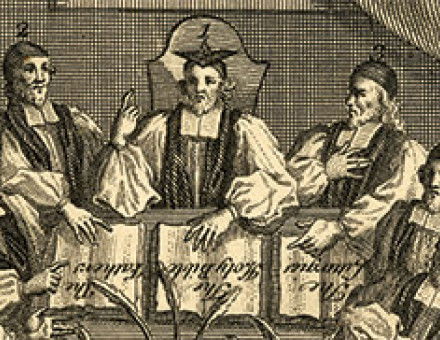Charles II and the Treaty of Dover, 1670
The secret treaty of Dover, which concluded with the diplomatic aid of the King’s sister, Henrietta, Duchess of Orleans, has been much denounced by Whig historians. A.A. Mitchell asks, what is the truth about the King’s intentions?




